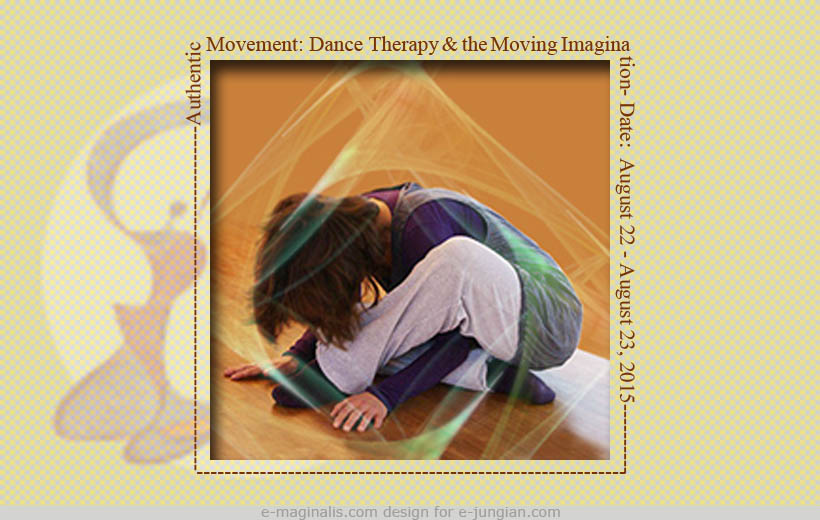
Presented by
Center for Movement Education and Research
Authentic Movement is a depth-oriented therapeutic approach, bridging body and psyche through natural movement, augmented by drawing and writing. Beginning with the contributions of Mary Whitehouse, we will engage Jungian concepts and their evolution into Authentic Movement, and explore more recent developments in the practice related to group and individual therapy.
Sessions will include structured warm ups and ‘starting points’ that engage embodied clinical themes, as well as questions such as:
- What is active imagination, and how does it facilitate transformation?
- How does moving & witnessing practice enhance healing and development?
- How do we become more sensitive to the movement expression of the client’s body and of our own embodied response?
- What supports the integration of sensing, emotion, movement, images, words, and symbolic expression within the healing relationship, touching on brain function?
- How might you integrate Authentic Movement and structured, creative movement explorations in your therapy practice?
- In what ways can we develop leadership skills in creating a safe container, initiating structured warm ups, discerning effective “starting points”, and engaging in sensory-grounded reflection on the process?
- What is the efficacy of Authentic Movement practice for different clinical populations, in multicultural settings, and in the larger global community?
This course will reflect on the history of Authentic Movement, including Jungian theory, elements from neuroscience, discussion of the readings, and clinical applications of Authentic Movement in dance/movement therapy. In the process we will address therapeutic elements such as providing a safe container, identifying projections, establishing appropriate interpersonal boundaries, listening and observational skills, empathy, and the somatic underpinnings of the transference-countertransference relationship.
Through the practice participants can continue to develop their ability to be present, with oneself and with another, in a more vital, increasingly conscious relationship, inviting a level of perception of self and other that can evoke deep respect and empathy.































